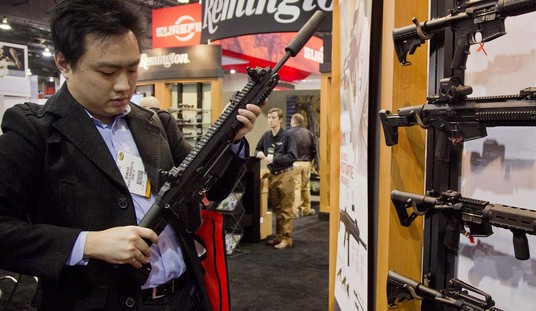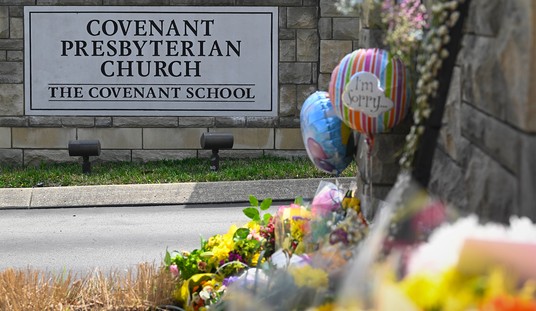This Week in History will be a new part of the Guns and Patriots section that will appear in every week’s newsletter. It will feature all of the “Day of the Week” articles from the previous week and will occasionally have a look ahead to some notable events on the horizon.
Enjoy!
Benjamin Franklin dies
April 17, 1790
The anniversary of the passing of Founding Father, Benjamin Franklin, came on tax day 2012. It is fitting because he was, of course, the originator of the phrase, “The only guarantees in life are death and taxes!” Few Americans today fully understand his contribution to America beyond the fact that his face appears on the $100 bill.
Guns and Patriots writer, Monique Hamm, describes how Franklin created the first fire department in Philadelphia, Pennsylvania, and how it became the basis for organizing both volunteer and professional fire departments today.
Read the article here
Jimmy Doolittle’s Raid
April 18, 1942
The legendary aviator, James “Jimmy” Doolittle led an almost suicidal daylight raid on Tokyo less than five months after the attack on Pearl Harbor. The mission itself was designed to boost the morale of the American people and to strike fear into the Japanese high command. If the United States could strike Japan’s capitol of Tokyo, then it could strike anywhere.
The panic that ensued in Japan and within the Japanese Naval General Staff, caused them to push forward their plan to attack the American base on the island of Midway, which would be the dramatic turning point in the Pacific War.
Read the article here
The shot heard ‘round the world continues to echo
April 19, 1775
A pivotal moment in human history, the battles of Lexington and Concord were the beginning of armed conflict between Great Britain and its colonies in North America.
The Minutemen who bravely left their homes to confront British armed regular infantry showed that the people of Massachusetts, who would soon become Americans, would die before they accepted tyranny.
Confronting the British soldiers allowed the Americans to save rebel leaders Samuel Adams and John Hancock in Lexington, and Rebel arms in Concord. The need and right of free citizens to have access to firearms would later be codified in the Second Amendment to the United States Constitution.
Read the article here
Also check out Guns and Patriots writer, Raquel Okyay’s article about “Patriot’s Day” the current state of gun rights in Massachusetts. They have fallen far from their gun-toting ancestors.
Robert E. Lee resigns his commission
April 20, 1861
In a serious blow to the Union Army, one of America’s finest officers, Robert E. Lee, resigned his commission, choosing to side with the Confederacy and his home state of Virginia.
The decision to leave the country that his father helped to build and protect was difficult for Lee, and he was tortured over it. Lee had never shied away from serving his country in the past, as he had attended West Point and had been a veteran of the Mexican-American War.
A near pacifist, Lee would eventually come to lead the Confederacy’s Army of Northern Virginia all the way to its surrender of Appomattox Courthouse, in what was the bloodiest war in American history.
Read the article here








Join the conversation as a VIP Member